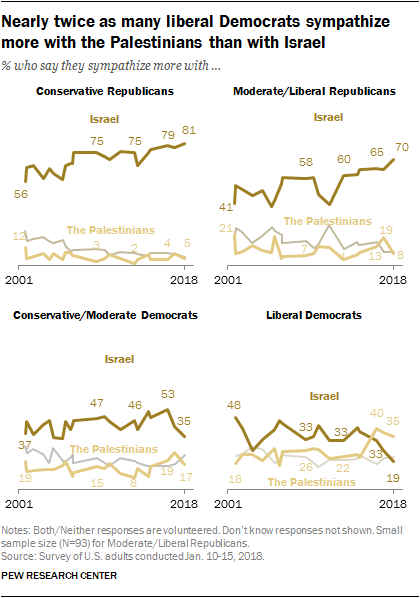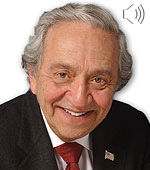Following on Troy’s post earlier, it looks like the Israel-Palestine peace process is still DOA.
Two weeks ago, foreign policy expert Ted R. Bromund of the Heritage Foundation blogged about a controversial decision by the United Nations to allow Palestine a seat at the table during the ongoing Arms Trade Treaty (more on that in my column this week). The move was brokered by Egypt’s new government, and had the unfortunate – and no doubt intended – effect of belittling the Vatican in the process.
Here’s Bromund’s take:
With much shuffling of place cards, all the national delegations moved over two places, and—accompanied by huge knot of delegates and much picture taking—the delegations from the Holy See and Palestine moved from the back of the room (where, as observers of different types, they normally sit behind the alphabetically arranged national member-state dlegations) to the front, ahead of the A-nations like Afghanistan and Albania.
…
…the outlines of the deal became clear: Both the Holy See and the Palestinians had gotten better seats, but neither of them was going to be recognized as full conference participants. The difference was that the Palestinians had evidently agreed to keep quiet and treat this as a victory, whereas the Holy See had not.
Its delegate made an angry speech, arguing that it had expected to participate as a full member in the conference, that it was not being allowed to do so, that this was an “egregious” failure that had seriously damaged its intention to become a state party to the ATT, and that it demanded to be a full participant in future conferences, where its participation as a mere observer at the ATT conference would not be a precedent.
…
Placing the Holy See and the Palestinians on the same level at the conference is a coup for the Palestinians. Currently the UN recognizes the Holy See is a “non-member state” observer, while the Palestinians are an observer “entity.” The critical difference is that the Holy See is a recognized sovereign state even though it is not a UN member state, while the Palestinians are not. The Palestinians have hinted that, should their bid for full UN member state status fail, they would seek non-member state observer status. While this change would be mostly symbolic in terms of the privileges the Palestinians enjoy in Turtle Bay, it would undeniably represent General Assembly recognition of their claims of statehood and make it far easier for the Palestinians to gain membership in the UN specialized agencies.
For its part, the U.S. delegation chose not to walk out of the conference so it could retain maximum leverage over what promises to be a very bad treaty for citizens oppressed by dictatorial governments around the world.
Still, success at the United Nations depends on playing the long game; inching towards a resolution with half-measures like symbolically getting a seat at the table, even when it’s a seat that can’t vote.
With their symbolic move to the head of the table, right now, the Palestinians are winning.




 In an interview with CFIF, Wayne Kopping, Director, Editor and respected Filmmaker, discusses the new feature-length documentary film “
In an interview with CFIF, Wayne Kopping, Director, Editor and respected Filmmaker, discusses the new feature-length documentary film “ In an interview with CFIF, Bruce Herschensohn, Professor at Pepperdine University School of Public Policy, author and CFIF Board Member, discusses the war between Israel and Hamas, Secretary of State John Kerry’s bungled attempt to achieve a cease-fire and President Obama’s performance on foreign policy issues.
In an interview with CFIF, Bruce Herschensohn, Professor at Pepperdine University School of Public Policy, author and CFIF Board Member, discusses the war between Israel and Hamas, Secretary of State John Kerry’s bungled attempt to achieve a cease-fire and President Obama’s performance on foreign policy issues.

 CFIF Freedom Line Blog RSS Feed
CFIF Freedom Line Blog RSS Feed CFIF on Twitter
CFIF on Twitter CFIF on YouTube
CFIF on YouTube